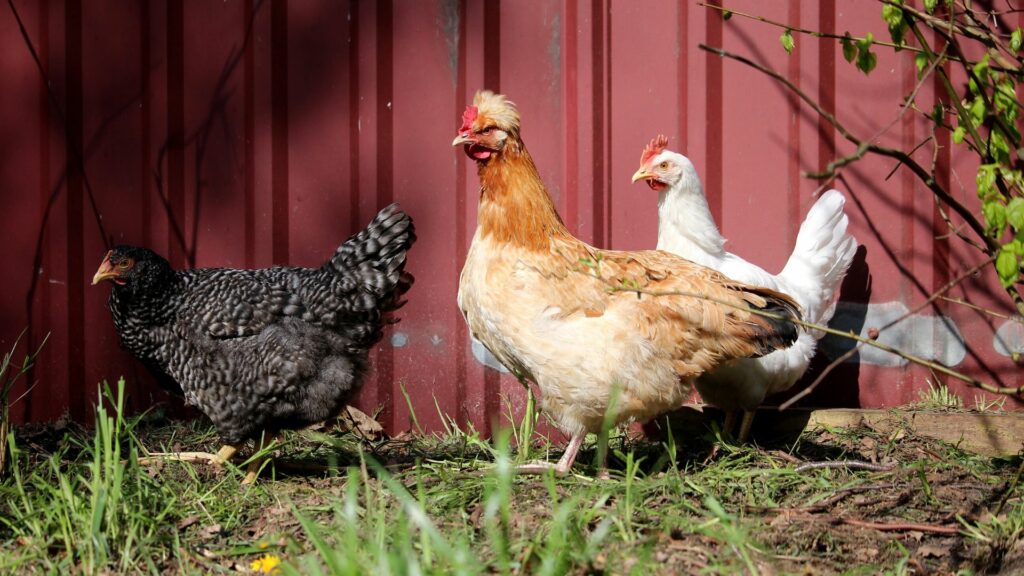Some households have been leaning towards self-sustainability after numerous crises over the past few years, and are looking into ways of producing their own food at home.
The Covid-19 pandemic led to periods of being confined and panic-buying of supermarket products led to shortages. The ongoing climate emergency and war in Ukraine have also put a strain on food production and supply chain. Add onto that a cost of living crisis and it’s no surprise that people are looking into ways of producing their own food.
One of the most popular solutions at the moment is keeping chickens at home. Happy, well-looked-after chickens can produce enough eggs per day for a small family never to have to buy them at the supermarket again.
Benefits of having chickens
Between 150 and 300 eggs per hen are harvested per year depending on age, health status and breed of hen. Taking this into consideration, a family of four needs only three chickens to meet their egg needs.
Additionally, in the garden, chickens can reduce the number of larvae, slugs, weeds, and weed seeds, all of which are damaging to homegrown crops. For those considering letting them roam free, a report by RTBF on keeping chickens suggests that one should choose chickens that have short legs as they will cause less damage to your flower beds and plants.
Buying chickens is also cost-effective, as a young laying hen costs more or less €10, while a purebred hen is up to €25. Intensively reared hens that no longer lay enough eggs can be bought for around €5.
Looking after chickens is relatively straightforward. A hen is a sociable animal, therefore, it is not recommended to have only one. Two hens or more is a good start.
Related News
- Animal welfare legislation: Between commitments and constraints in the EU
- Chickens can now be seized by bailiffs in Belgium
When it comes to space, about 1.5 m² per hen should be factored in within a coop. While outdoors, ideally factor in at least 15m² space per hen.
Chickens can also help to reduce waste, as they can eat between 75 and 150 kilos of food waste per year, however, they do not eat:
- Onion or leek peelings
- Citrus peels
- Banana skins, kiwi
- Raw potatoes
- Soft bread, so – if anything – feed them dry bread
- Food that is too salty and sweet
Finally, one important thing to consider is the legal requirements related to keeping chickens in the area a person lives in. For example, since 2022, in the Walloon Region, a permit is needed to have a pet at home and chickens fall into this category. It is recommended to check with the communal administration to gather all the needed information and take the necessary steps.

